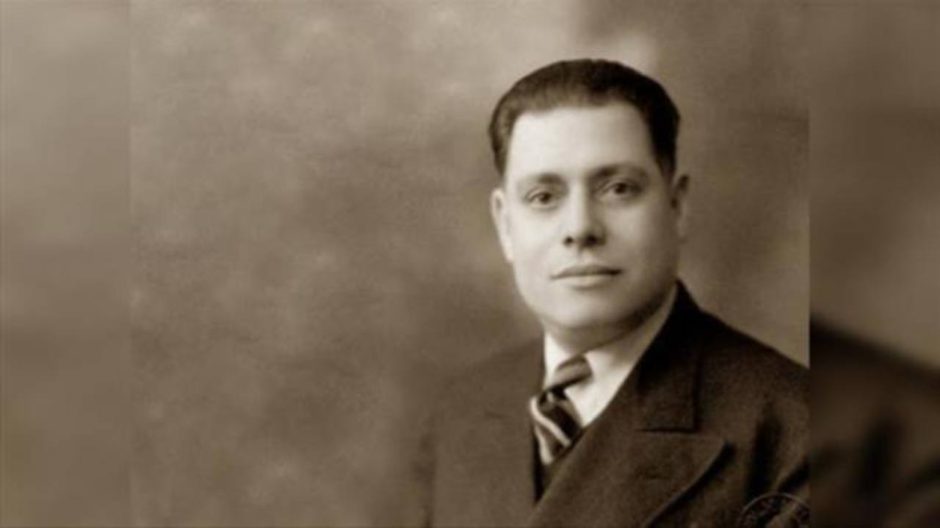Jose Arturo Castellanos was one of the unassuming heroes of the Holocaust, an army colonel and diplomat from the small Central American country of El Salvador who rescued thousands of European Jews from the clutches of the Nazis.
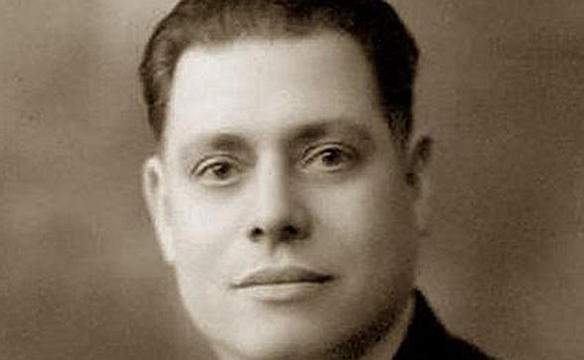
Honored by Yad Vashem in 2010 as a Righteous Gentile, he issued more than 12,000 Salvadoran citizenship certificates during his tenure as El Salvador’s consul-general in Geneva, Switzerland, from 1941 to 1945.
These documents, which the Nazis honored, saved the lives of an estimated 25,000 Jews from nations running the gamut from Hungary and Romania to Czechoslovakia and Bulgaria.
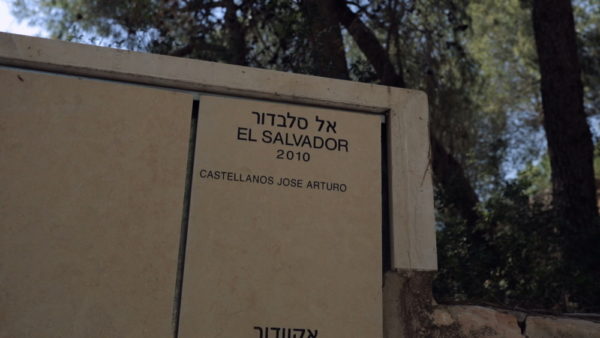
Castellanos is now the subject of a 45-minute film thanks to his two grandsons, Alvaro and Boris. Their documentary, The Rescue, was screened in Toronto on June 14 under the auspices of Germany’s Foreign Ministry. The event took place nearly 40 years to the day after his death.
Often compared to the Swedish diplomat Raoul Wallenberg, Castellanos distributed the certificates through the Swiss vice-consul in Budapest, Carl Lutz, without the approval of the government in El Salvador.
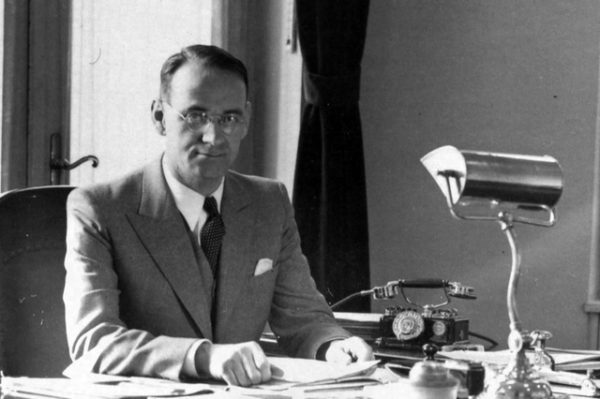
Castellanos, the son of a general, worked with George Mandel-Mantello, a Hungarian Jewish businessman whom he befriended in Switzerland and whom he appointed as first secretary of El Salvador’s consulate in Geneva.
The lucky recipients of the certificates were entitled to protection from the International Red Cross and could not be deported to German extermination camps. An indeterminate number of recipients, however, were interned as enemy aliens in a special section of the Bergen-Belsen concentration camp in Germany.
The Rescue, which resounds to the jaunty beat of a Latin American soundtrack provided by a live six-man band, suggests that Castellanos, born in 1893, was a democrat whose liberal views were greatly at odds with the conservative El Salvadoran elite. Posted to El Salvador’s consulate in Liverpool in 1937, he was sent to Hamburg in the following year. Distressed by the open antisemitism he witnessed in Germany, he requested permission from his superiors to grant visas to German Jews.
The request was denied.
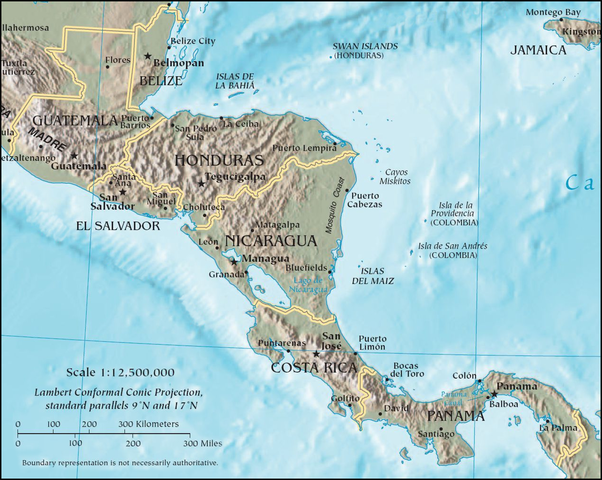
From 1931 to 1944, El Salvador — the smallest and one of the poorest nations in Central America — was ruled by a military junta under the leadership of Maximiliano Hernandez Martinez. An admirer of Adolf Hitler and Benito Mussolini, he imposed tight restrictions on the entry of Jewish refugees into El Salvador after 1939. Following Martinez’s ouster in 1944, El Salvador formally allowed Castellanos to issue the certificates.
The first certificate was issued after Mandel-Mantello asked Castellanos to help endangered Jews. He agreed, and his simple act of compassion and kindness mushroomed into a humanitarian operation that the movie charts in some detail. Several of the survivors, as well as Mandel-Mantello’s son and Castellanos’ daughters, are interviewed. They all pay tribute to Castellanos’ character.
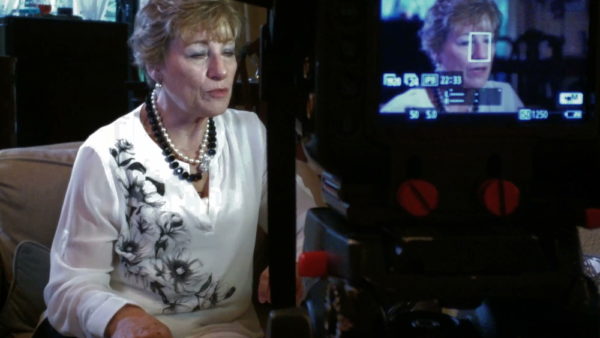
There are gaps in the film. Why was Castellanos so well disposed toward Jews? Was he a philosemite? How many of the Jews he assisted went to live in El Salvador?
Prior to the screening, El Salvador’s consul-general in Toronto, Oscar Armando Toledo Soriano, praised Castellanos, describing him as a 20th century hero whose actions serve as a guide for Salvadorans today.
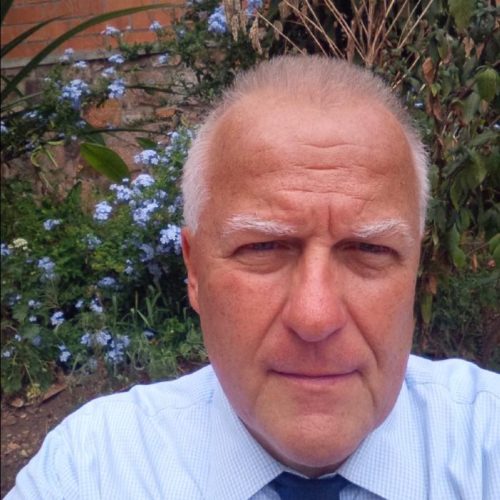
Germany’s consul-general in Toronto, Peter Fahrenholtz, said he is humbled by Castellanos. “He chose to do the right thing and risked his own existence by doing that,” he said. “We need to honor people like him.”
Faige Libman, a Lithuanian Holocaust survivor, called Castellanos a “bearer of conscience.”
Felix Klein, Germany’s ambassador to the Jewish Diaspora, hailed him as a courageous person who set a stellar example for mankind to emulate.
Castellanos ended his career after World War II as ambassador to Britain. It’s unclear when he left the diplomatic corps, but in the wake of his retirement, he lived quietly in El Salvador and played down his role as a savior of imperilled Jews.
He died on June 18, 1977.
Leon Uris, the author of Exodus, met Castellanos in San Salvador, the capital of El Salvador, in 1972. In 1976, Castellanos was interviewed on radio. But aside from these encounters, he remained mum about his rescue effort. Yad Vashem’s decision to honor him was taken after the Israeli Foreign Ministry and El Salvador’s tiny Jewish community launched a lobbying campaign on his behalf.
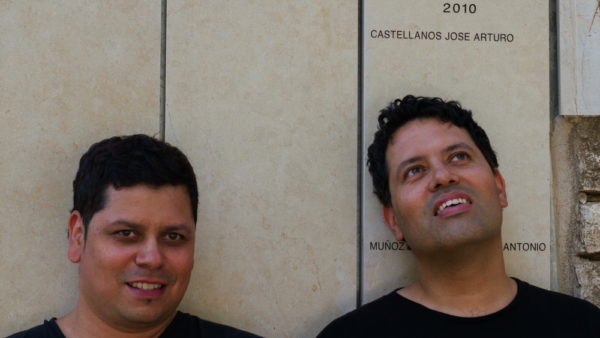
Alvaro and Boris Castellanos decided to make a documentary about their grandfather after the death of their father, from whom they were estranged. The brothers emigrated from El Salvador in the mid-1980s, when it was embroiled in a civil war, and settled in Canada. They never saw their father again after leaving El Salvador. Presumably, he might have been a fount of knowledge about Castellanos.
The Rescue is not the first documentary about Castellanos. Nine years ago, Brad and Leonor Marlowe released The Glass House, which basically covers the same ground as The Rescue.
